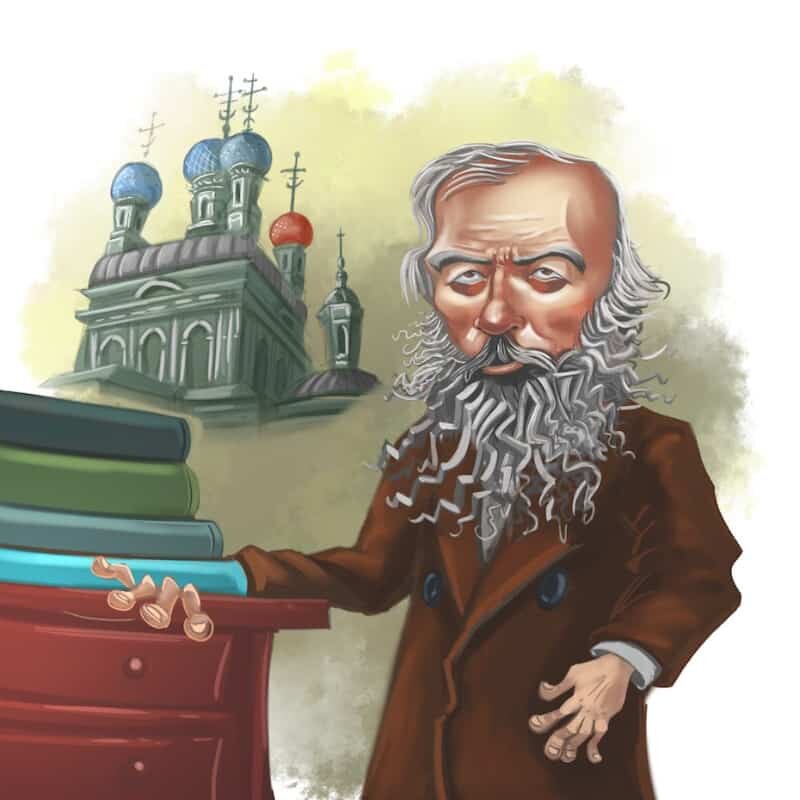1. Fyodor Dostoevsky (1821-1881)—the author of marvelous works such as Crime and Punishment and The Idiot—had difficulty relating to his schoolmates. From his junior years at boarding school to his years in the military academy, Dostoevsky was surrounded by students who were either far too aristocratic or far too disinterested in the things he was.
2. From the beginning of his life, he witnessed profound suffering. He was raised on the Mariinsky Hospital property for the Poor, where his father practiced medicine. The things he saw in that hospital undoubtedly influenced the stories he would eventually create.
3. His parents were both devout Christians. From a young age, his mother taught him to read the Bible and instructed him in its study. In these private lessons, he learned how to read and write by the age of four.
4. Dostoevsky was a member of a liberal discussion group that was sentenced to death by the Tsar. The moment before he and the others were going to be killed, news came that the group was to undergo a symbolic beheading. Instead of death, they were sentenced to four years in a Serbian labor camp.
5. During his years under harsh labor, he suffered from frequent seizures. Dostoevsky had not known that he was prone to seizures prior to his punishment. After being released from the camp, his epileptic seizures persisted through the time of his death, causing much strain on his marriages.
6. In 1846 he wrote his first book, Poor Folk. The 25-year-old writer was inspired to launch his career to afford his expensive hobbies of gambling and attending the opera. Poor Folk was a wild success, and Dostoevsky was able to resign from the military.
7. After his first marriage failed, Dostoevsky met Anna Grigoryevna Snitkina. Upon making her his secretary, the pair fell in love and married in 1867. They had four children together.
8. The founder of psychoanalysis, Sigmund Freud, once called Dostoevsky’s, The Brothers Karamazov “The most magnificent novel ever written.”
9. Dostoevsky died on January 25, 1881, from a pulmonary hemorrhage. One of his last wishes was for the biblical parable of the prodigal son to be read before his children. His final words to his wife were: “I loved you and did not cheat on you once, even in my thoughts.”
10. Dostoevsky’s influence has extended beyond the written word. His novel, Crime and Punishment, has been adapted into film over 25 times. The Brothers Karamazov was made into a Russian mini-series in 2009 and met much acclaim from critics.








